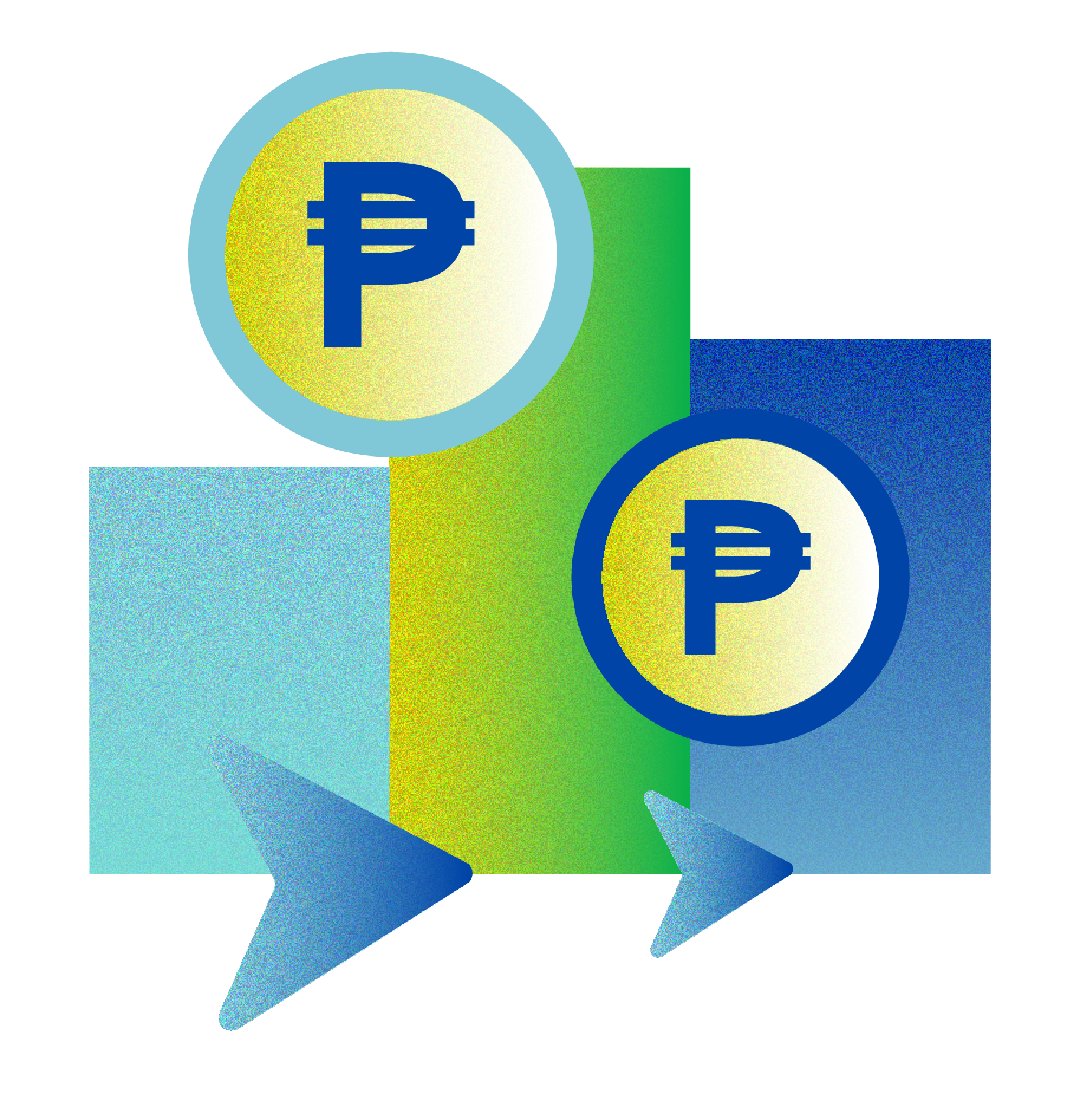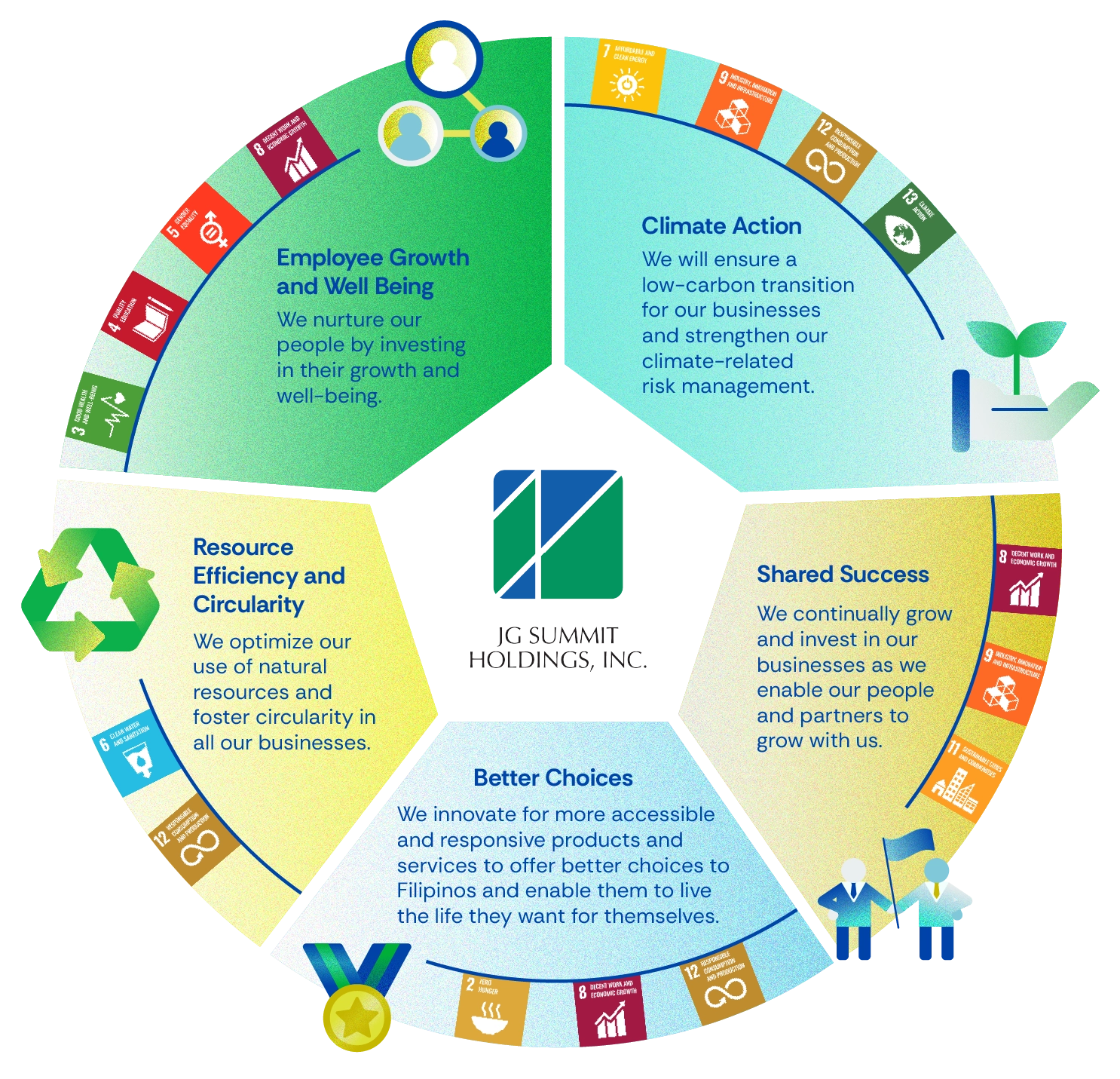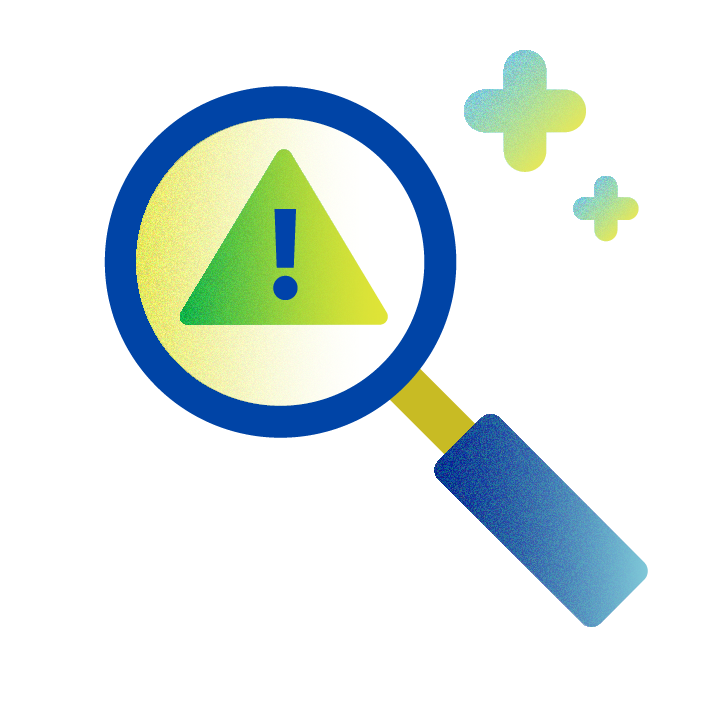Stakeholder Engagement
Keeping our focus on most
relevant and key ESG issues
Effective stakeholder engagement enables companies to identify material issues and concerns that might impact their long-term viability. By actively involving stakeholders, we gain a deeper understanding of their expectations, values, and potential risks; thereby fostering a collaborative approach to addressing shared challenges and contributing to positive outcomes.
Ultimately, the importance of stakeholder engagement lies in its ability to drive continuous improvement, align business practices with societal expectations, and contribute to the overall advancement of sustainable and ethical business conduct.
Stakeholder Engagement
Keeping our focus on most
relevant and key ESG issues















